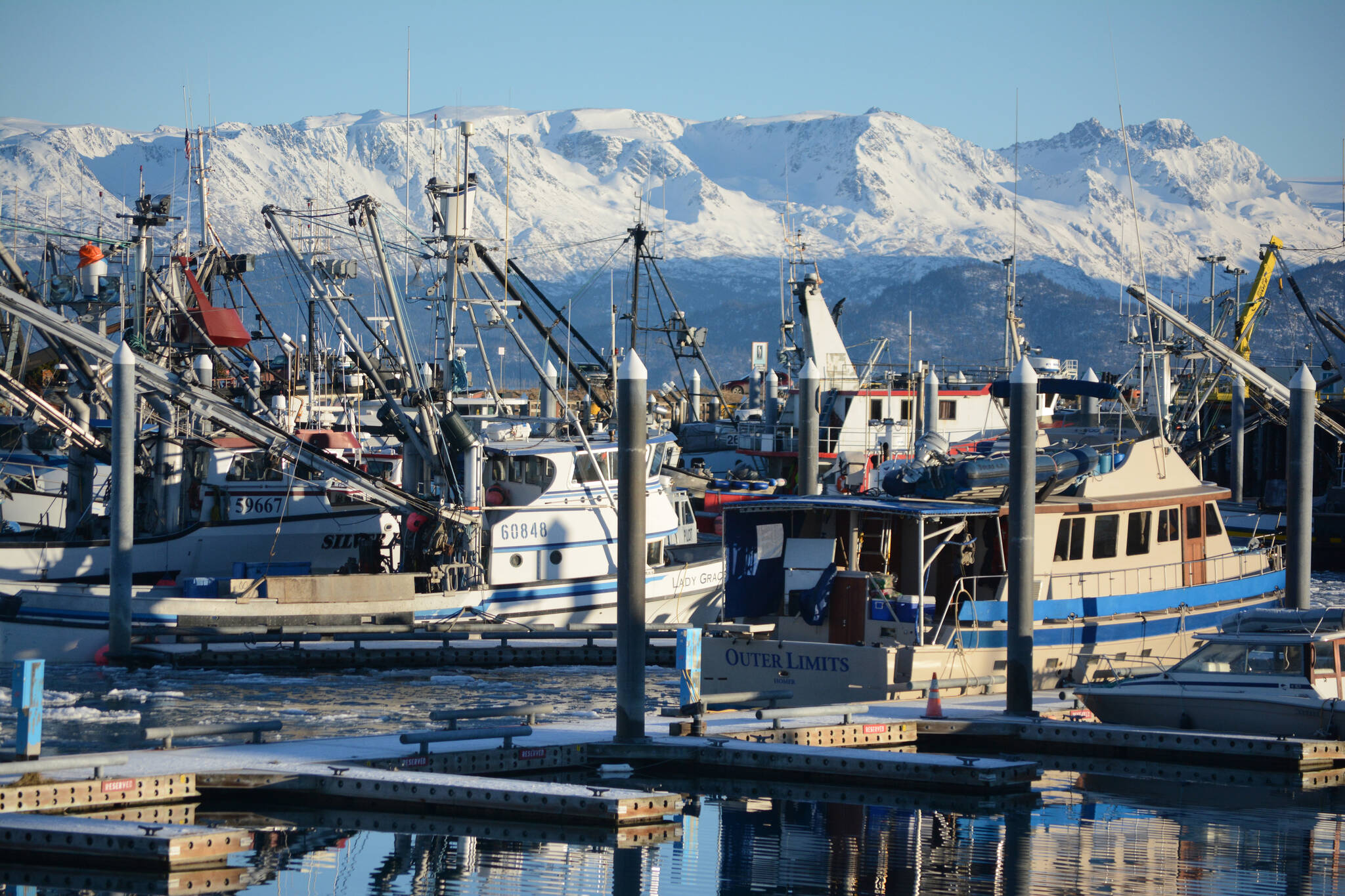A flurry of candidate debates about fisheries policy took place last week, but perhaps the one of most consequence for the industry was the gubernatorial debate.
Not all candidates showed up, with one noticeable, glaring absence: Incumbent Republican Gov. Mike Dunleavy skipped the fisheries debate in Kodiak, the third-largest fishing port in the U.S. Republican candidate Charlie Pierce also did not attend.
The other two gubernatorial candidates, Democrat Les Gara and former Gov. Bill Walker, who is running as a nonpartisan candidate, had plenty to say about Dunleavy’s absence.
“You have to wonder about somebody who won’t share their ideas with you. You have to wonder about somebody who won’t come to listen with you,” Gara said in his closing remarks. “If he doesn’t have the courtesy to show up at over 90 percent of the debates, then he’s got ideas that he doesn’t want to share with people.”
Walker shared similar sentiments.
“I am running for governor because Alaska needs someone that will show up … someone who will represent not just their political donors but the entire state,” he said. In a statement, Dunleavy’s office said that being a full-time governor does not allow for him to attend every debate in a campaign season.
In addition to their shared sentiment about Dunleavy’s no-show, the two candidates also agreed that there is too much politics in fisheries management, including the job of Alaska Department of Fish and Game commissioner.
When asked what they would look for in a commissioner, Gara said, “It would be someone who was not selected because of their politics. I want someone who will make decisions based on science.”
Both also agreed that the State spends too much time and money on studies and task forces, calling them a stalling tactic.
Gara specified the Bycatch Review Task Force that Dunleavy convened last year, calling it powerless, and adding, “he put it together so that its recommendations would come out after the legislative session was over, so they couldn’t do anything with it.”
He said that choosing better people for seats on the North Pacific Fisheries Management Council would have more effect on bycatch reduction.
“I was very disappointed when I saw the state’s representative block a motion to put a cap on chum bycatch in the Bering Sea, when there’s a bycatch of 550,000 chum going up the Kuskokwim and … Yukon. This is not fair to the people of western Alaska,” Gara said.
Walker agreed that while the timing of the release of the bycatch task force recommendations was convenient for Dunleavy, he said he respects the people in the group and would keep it around, saying its work is important.
“I like the idea of it being year-round,” he said.
The candidates’ visions for the future of Alaska fisheries brought a concern from Walker that is prevalent in the industry: the high cost of buying in, and what that impediment does to small operations.
“Every fishing boat in my world is a small business and many times it’s a family business, and I want to make sure that is carried on and on for generations,” Walker said. Supporting the incoming generation has long been a priority for industry groups. Both agreed that mariculture has a place in the future of Alaska fisheries, with the up-and-coming kelp fishery helping show the way.
Gara pointed out that it would be a great shoulder-season industry, bridging the gap between summer salmon and winter cod and crab.
Walker said that with more support and investment from the state it could be a booming industry.
Cristy Fry can be reached at realist468@gmail.com.


